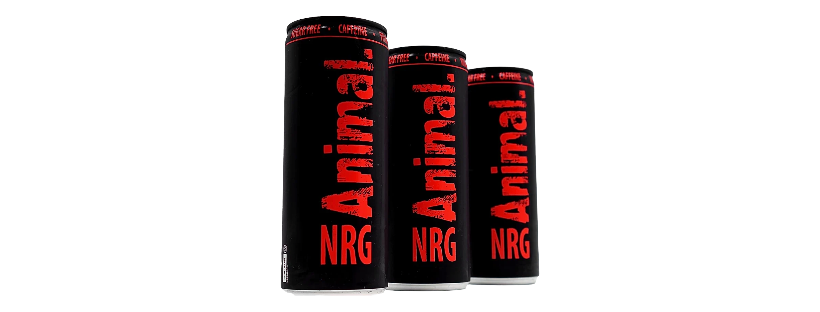STRATEGIC THINKING | "Just Because You Can, Doesn't Mean You Should"
Strategy can't exist without trade-offs. What you DO is critical, but often, what you DON'T do is even more important.
Universal taught me many important lessons, and provided me with far too many invaluable experiences than I can count. The company's "roll up your sleeves and get your hands dirty" culture recognized and rewarded initiative and experimentation; it treated employees like mini-entrepreneurs. On Day 1, I was told that the company was like a football team. There were footballs on the field. Find one, pick it up and run with it. As the founder told me, don't stand on ceremony–if you see something that could be improved, fix it.
The company also embraced an "all under one roof" philosophy–it was a vertically integrated. As a manufacturer, we not made our own nutritional products, but we also had an Art & Design Department for designing everything from catalogs to ads. Our Print Department was situated next to them, and they could pretty much output anything from B/W to 4-color. As a private labeler, having these capabilities was advantageous. Because of these two reasons, it was often very easy to generate many different ideas and follow through with them in the early years of my career. As a result, it took some time for me to understand what was, for many at the company, counterintuitive–just because you CAN, doesn't mean you SHOULD. This idea cut against the grain of the company's culture.
A recent example put me in the crosshairs of both leadership and ownership. Due to the ubiquity of energy drinks and RTDs, many in the company thought we should market our own under the Animal brand. A new product in a space we weren't playing in represented a huge potential and a chance to make money. Some even thought that we'd make money hand over fist and with little effort. It was hard to argue with a market worth $14B in the U.S. alone and growing in double digits. While this was a tempting opportunity, I thought we should slow down a little and do our due diligence. We weren't in the beverage business, and lacked experience. Though it seemed like the potential for energy drinks was limitless, this opportunity might not be for us. In a very small minority, I voiced my concerns–and was promptly tasked with doing research and bringing recommendations to the key stakeholders.

I looked at data from SPINS and other sources, talked to formulators and copackers, and interviewed industry insiders. I talked to one of our distributors who focused on the gyms, supplying supplements and drinks. He told me if he were in my position, he'd never start a beverage brand. Over the course of weeks and months, I examined opportunities and studied business models. I ran numerous surveys and interviewed consumers. We even test-marketed a prototype called Animal NRG. Long story short, I presented my findings to ownership and the leadership team. That recommendation didn't make me very popular but to this day I believe it was the right one.
Of course, this is not to say that no company should engage in developing a brand in the beverage industry. To see if it makes sense to you, you have to look at many different variables, and be able to ask and answer very basic questions likem "What would have to be true for us to succeed in this space?" As a legacy manufacturer with certain limitations, I wasn't convinced we were ready for it. Though it can be hard, I've learned that you sometimes have to accept strong opposition when doing something you believe is right.